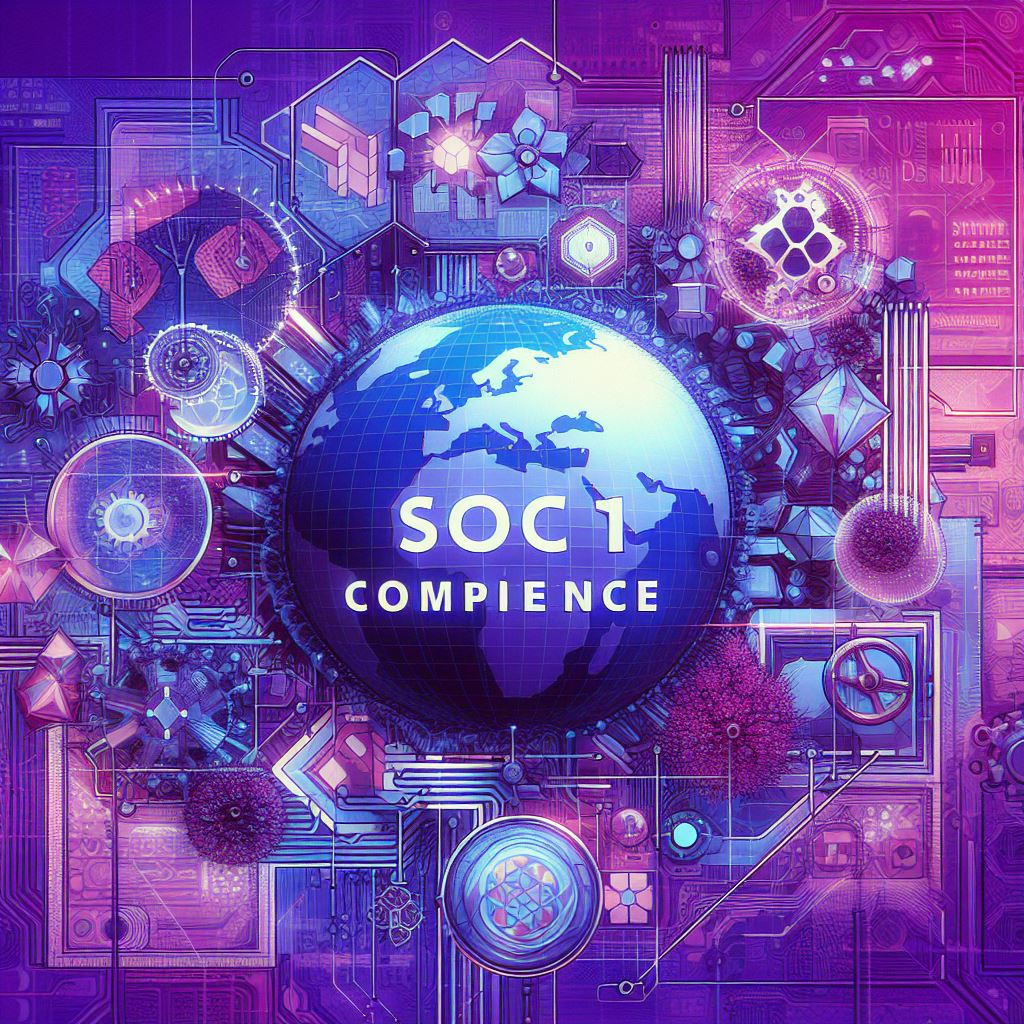
SOC 1 Compliance is a gateway for small to medium-sized companies, empowering them to confidently serve larger organizations.
In an era where businesses increasingly seek cost-effective solutions through outsourcing critical functions, SOC 1 Compliance emerges as a strategic imperative. This move is not just about cost management; it's a deliberate effort to free up in-house staff, allowing them to focus on more impactful projects.
As business functions and data shift to third-party providers, risks like data theft, extortion, and potential liability in case of a breach come into play. The challenge is to uphold reputation, integrity, and customer data security while reaping the benefits of outsourcing.
The SOC 1 audit holds a pivotal role in providing assurance to businesses engaged in critical processes. It evaluates and ensures that the policies and processes implemented by service organizations safeguard client data during transmission, storage, and management. The audit focuses on controls that guarantee system and data availability, signifying a commitment to meeting a heightened level of trust criteria.